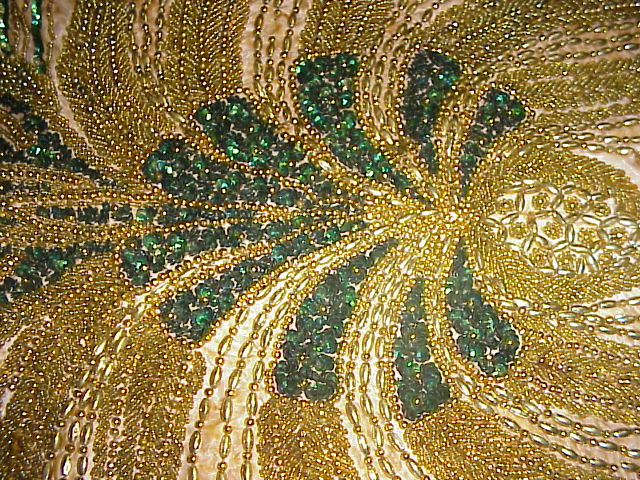===
0722,
10
===

=== |
 |
FWP:
SETS == EK
MOTIFS
NAMES
TERMS == AMBIGUITY; IZAFAT; THEME; WORDPLAYThe verse depicts a spectacular progression: The generalized 'tears' become epitomized as 'that drop of water'. Then the restrained tear-drop (in English, similarly, people can be said to 'swallow' their tears), taken back into the body, somehow autonomously kindles in the body a single and/or special [ek] kind of fire. And having done so, the fire seems to take its leave, heading for parts unknown. The casual compression of lagā gayā adds to the effect: the teardrop-firespark, having in passing, offhandedly, started a conflagration, then mysteriously rides off into the sunset (if it can turn from water to fire, I don't see why it can't then leave town on horseback).
Vatsal Sharma suggests (Feb. 2021) that people might enjoy hearing SRF discuss this verse in the course of a talk he gave at the University of Chicago in 1990.
Note for grammar fans: Transitive verbs, when compounded, normally take transitive auxiliaries; exceptions in which they take intransitive auxiliaries like jānā are almost always idiomatic expressions with special meanings. In the first line we see such an exception: the idiom pī jānā , 'to drink up', is parallel to khā jānā , 'to eat up, to consume entirely'. In the second line, lagā gayā looks like a case of kar deletion: having kindled/'attached' a fire, the teardrop 'went'/departed. I enjoyed taking this 'official' reading literally, but lagā gayā can also be used casually and idiomatically as though it basically meant lagāyā ; this is how SRF seems to take it. Compound verbs are one of the great creative 'growing points' for idiomatic usages in Urdu, and they're often remarkably hard to pin down. (Think of how creatively we use 'get' in English: get away with it, get on with it, get by with it, get around it, get out of it, get into it, get through it, get over it, get it on, etc.). For more on this see {1781,1}.
Another note for grammar fans: The meter makes it clear that qat̤rah āb can't have an iẓāfat . So the two nouns have to just sit there, bonded into a compound in a way that's more natural to Persian than to Urdu. It could be considered to be an 'omitted izafat', if we choose. But note that colloquial usage can also admit ik būñd pānī , which would have to be taken just as an idiomatic way of expressing an amount; so the same option is available here too.